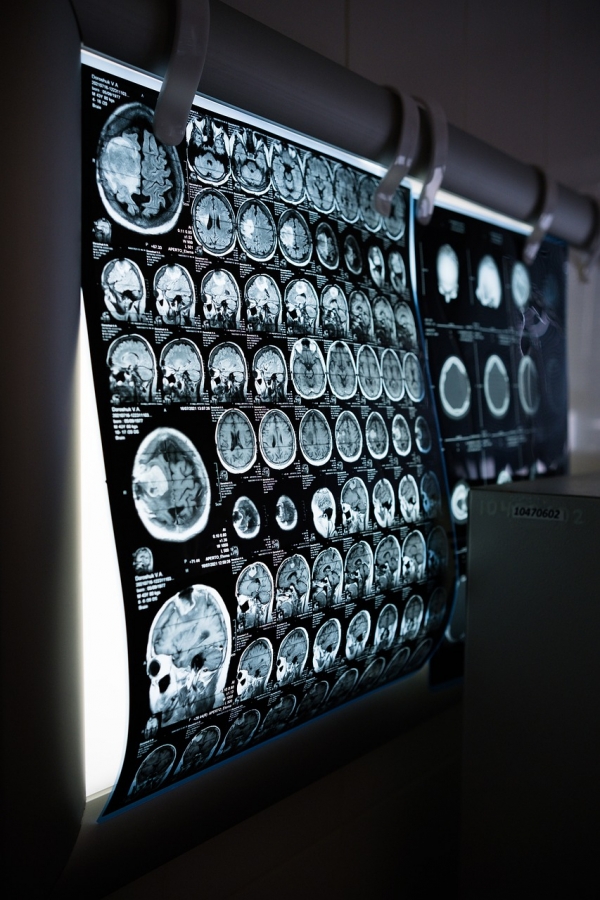The George Institute for Global Health today announced data from the phase III INTERACT3 study demonstrating that a new combination of treatments for stroke due to intracerebral haemorrhage (ICH) significantly improves the chances of surviving without major disability. Results were presented today at the European Stroke Organisation Conference in Munich, Germany, and simultaneously published in The Lancet.
The INTERACT3 study is the first-ever randomised controlled trial to show a clearly positive outcome for the treatment of ICH. Timely administration of the new treatment protocol – known as a Care Bundle – centred on the rapid control of high blood pressure, led to improved recovery, lower rates of death, and better overall quality of life in patients with this serious condition.
Professor Craig Anderson, Director of Global Brain Health at The George Institute and a senior author of the research said, “Despite the high rates of ICH and its severity, there are few proven options for treating it, but early control of high blood pressure is the most promising. Time is critical when treating this type of stroke, so we tested a combination of interventions to rapidly stabilise the condition of these patients to improve their outcomes. We estimate that if this protocol was universally adopted, it could save tens of thousands of lives each year around the world.”
Read more at George Institute for Global Health
Photo Credit: Mitrey via Pixabay


